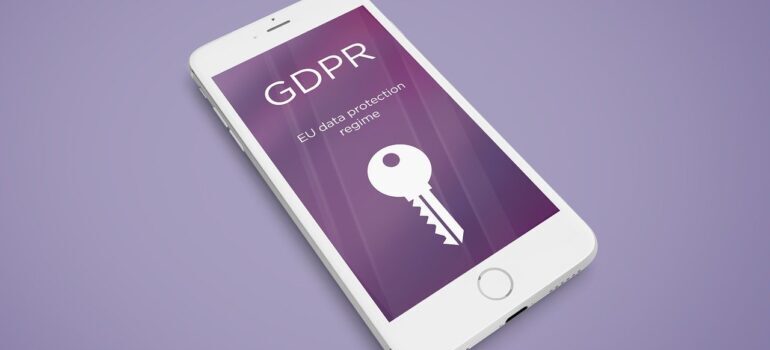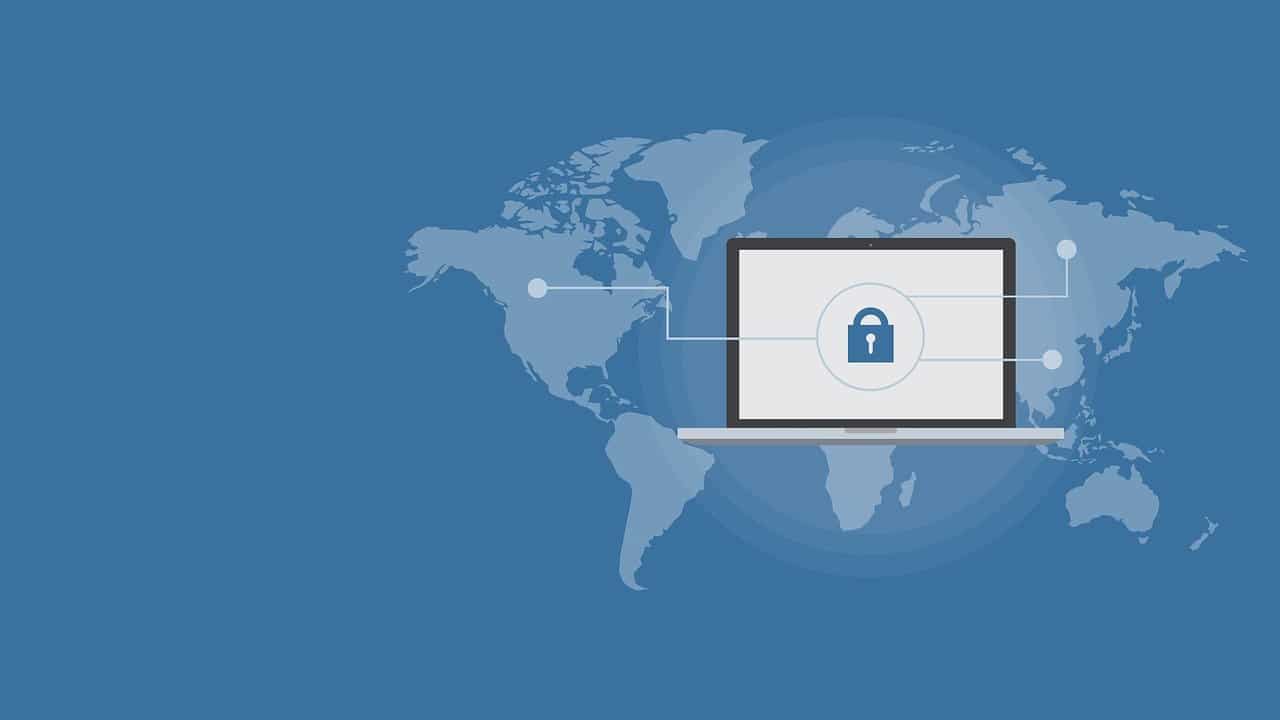Online data protection is still a topic very much neglected by the majority of online users. On average, one in five people that are familiar with the notion of privacy policies will bother to read them before accepting them. And with the introduction of GDPR regulations by the EU, we’ve come to understand that client data protection is only growing in importance. Today, Movers Development explores some essential ways to protect client information for moving companies to implement.
Why is client data protection so important for consumers?
With so many websites out there, more and more consumers need to feel safe with sharing their personal information on websites. And as a professional legitimate business, you need to ensure that your website offers them the trust and security to establish a lasting relationship. Not only does offering measures to protect client data for customers help you gain more trust as a brand, but it also boosts your website value in the eyes of search engines.

Why is customer trust important for competitiveness?
We’ve already established that feeling safe with visiting a website and leaving personal information is very important for modern consumers. Even though most still don’t bother reading the privacy policy or terms and conditions before accepting them, they feel safer knowing that it exists. And this is slowly becoming a quality standard when it comes to securing your website.
By taking on this challenge and making your website more secure for customers, you are also ensuring the overall competitiveness of your website. And as you know, staying ahead of the competition is crucial for growing the online presence of your business. If you are still unsure as to how ensuring client data protection helps your business, consider the following two statistics:
- More than 57 percent of consumers will refuse to conduct business with a company if they believe that it misused their personal information.
- More than half of online consumers are willing to pay extra for products/services that protect their personal information.
8 ways to improve data protection in your business

1. Improved password management
Centrify research showed that more than 80 percent of cyber attacks in 2017 occurred due to bad password protection. People are still reluctant to use a more complex password to ensure the protection of their information on websites. In turn, they are easier targets for cyber attacks due to the simple passwords they use for personal and business accounts.
As an online business, you should make sure to not only implement data protection measures but to also educate others on how to use them. Whether we are talking about training employees or offering simple tips for consumers, you can build your client data protection strategy on the foundation of all your website users.
2. Regular employee education
Ensuring the protection of client data requires that your entire team understands how to do so and what’s at stake. The more knowledge they have on the subject, the higher the chances are that they will be able to react accordingly. This is especially important for global companies that have remote teams and share drives and data. You need to make sure that everyone understands the risks of not securing the information your website gathers to protect your business and customers. Educating employees on such matters is a simple matter of establishing proper communication channels such as:
- Monthly meetings on the subject of client data protection procedures.
- Team briefings regarding current and upcoming security measures.
- Newsletters and articles to further educate employees on the importance of website security and data protection.
3. Appoint a client data protection officer

The introduction of GDPR by the EU severely affected the digital world and continues to do so even more as the years pass. Among the many legislations that it asks for, GDPR requires certain businesses to have an official data protection officer for their website. This officer bears the responsibility of establishing and upholding the compliance of a company to protect online data. They also have the obligation to keep up with current trends and legislation updates, to ensure that your business us up-to-date on all current protective measures.
4. Organize your data accordingly
Having a data protection officer means that having at least one person that knows all your data from start to end. You need to make sure that the data is structured and organized in a manner that others can comprehend as well. That way, if a breach were to happen at some point, you would be able to prioritize specific data and ensure that it remains secure before all other data.
An additional step here would be to establish which data is most crucial for your business. Then, you need to make sure to double your protective measure for that data. Start from limiting access to a selected number of managing staff or a single person. Once you do that, make sure to also backup those files and transfer them to a remote device from time to time. That way, even if by some miracle you happen to lose that data, you will be able to restore it from a remote drive.
5. Become certified
There are plenty of government-approved certifications that you can acquire to not only ensure that your data is secure but to also assure customers that you are taking all the necessary precautions to guarantee that. It demonstrates your commitment to cybersecurity, which creates a strong basis for building long-term relationships with consumers.
6. Put a strong firewall in place
Client data protection and securing your company data starts with the implementation of firewalls and antivirus software. Like all other tools, moving company software needs to remain protected against cyber attacks. Antivirus software helps you detect, prevent, and/or remove any potentially harmful programs from your devices. Firewalls can ensure the prevention of any unauthorized access to your data.
7. Update your software
No matter how great and perfect a piece of software appears, simply buying and installing it doesn’t solve all your problems. You need to maintain that piece of software, ensuring that it is operating at its fullest capacity. Additionally, you need to make sure to constantly update all the software that you use.
Software developers constantly search for and discover new ways for breaches or errors to happen. And when they do, updating the software with patches is the best way to protect against potential threats. As a business that uses moving company software, you need to make sure that you are using the latest version to prevent any security threats. This is one of the more obvious ways to ensure client data protection on your website.
8. The Bring Your Own Devices approach
Bring Your Own Device (BYOD) is a system that motivates employees to access company information from their personal devices. On the one hand, this helps startups and smaller businesses to reduce operational expenses and boost productivity. On the other hand, this leaves plenty of room for security breaches due to the lack of security control on personal devices. That is why educating your employees plays such an important role in protecting client data. Additionally, you can implement added measures such as:
- 2-step verification process for accessing company emails and drives.
- Diving data access for each department by limiting access to other folders.
- Requesting from employees that their devices have a lockdown and password.
- Installing security software on all devices.
9. Switching from HTTPS to HTTP

By installing HTTPS, you provide your website with the safety it needs. However, this is only the beginning. For those of us that use WordPress to grow an online presence, HTTPS is a minimal precaution. Any content management system (CMS) or login where you host-specific information requires absolute online security.
After all, switching to HTTPS is not the same as using a firewall. It won’t really offer 100% protection from hacking or even spamming emails for that matter, but it is a good start. It is the foundation of online security and at the very minimum, you should offer website visitors.






